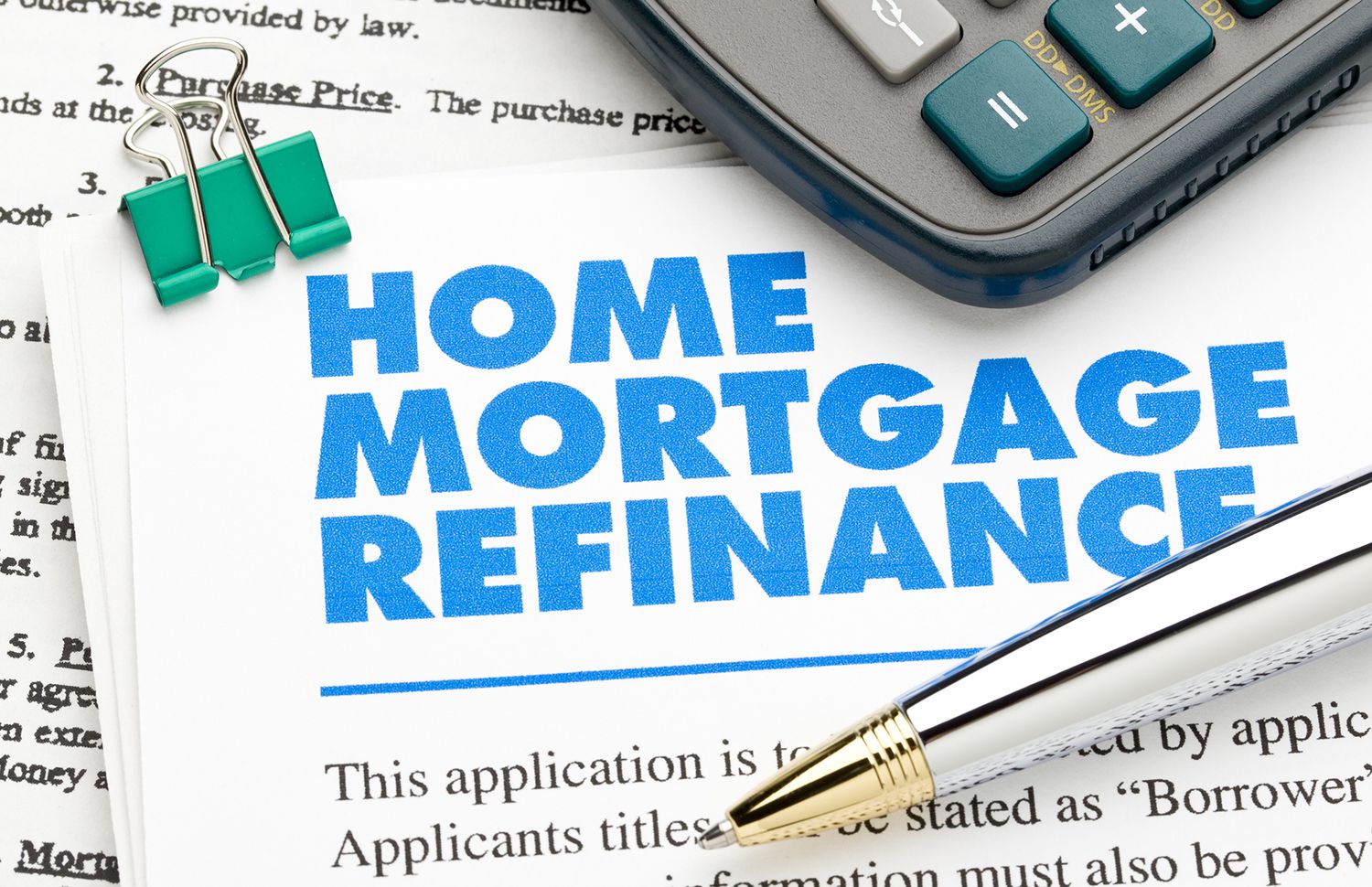When it comes to buying a home, one of the first decisions you’ll make as a potential homeowner is how to finance the purchase. Two popular mortgage options are conventional loans and FHA loans.
One common misconception about FHA loans is that they are only for low-income and low credit buyers, however, this couldn’t be further from the truth. Both FHA and conventional loans have their own unique advantages and disadvantages for homebuyers and sellers alike, and the best option for you will depend on your financial situation and goals.
Together, we’ll explore the differences between conventional and FHA loans, dispel this misconception, and help you determine which loan option may be the best fit for you.
what is a Conventional Loan?
A conventional loan is a type of mortgage that is not insured by the government. It is typically offered by private financial institutions, such as banks and credit unions, and may have stricter credit score and down payment requirements compared to government-back loans.
- Minimum credit score of 620: The minimum credit score for a conventional loan can vary depending on the lender and the specific loan program. However, generally, a credit score of 620 or higher is required to qualify for a conventional loan.
- Down payment as low as 3%: First-time homebuyers can get a conventional loan with a down payment as low as 3%. However, borrowers with lower credit scores might be required to make a down payment of 5% or more to get a conventional loan.
- Conforming loan limit of $726,200: Conventional homebuyers can borrow up to $726,200 in low-cost areas and up to $1,089,300 in high-cost areas, like Alaska and Hawaii.
- Maximum DTI of 50%: You’ll generally need a debt-to-income (DTI) ratio of 50% or less to qualify for a conventional loan. However, this can vary depending on the lender and the specific loan program. Some lenders may allow a higher DTI ratio, while others may have stricter requirements.
- PMI is required with down payment < 20%: Private mortgage insurance (PMI) is typically required for conventional loans if you have a down payment of less than 20% of the home’s purchase price. However, it can be removed once you’ve built up enough equity in the home.
- Stricter underwriting guidelines: Conventional loans have stricter underwriting guidelines than FHA loans because they are not backed by the government and therefore, lenders assume more risk.
- Requires a conventional appraisal: A conventional loan typically requires a conventional appraisal, also known as a 1004 appraisal. The 1004 report will be used to determine the value of the property and to verify that the property meets the lender’s guidelines for the loan.
what is an FHA Loan?
An FHA loan is a mortgage insured by the Federal Housing Administration (FHA). These loans are designed for low-to-moderate-income borrowers and have more flexible underwriting guidelines than conventional loans, making them more accessible for first-time homebuyers or those with less-than-perfect credit.
- Minimum credit score of 500: The minimum credit score for an FHA loan is 500. However, to qualify for the lowest down payment of 3.5%, borrowers will typically need a credit score of at least 580.
- Down payment as low as 3.5%: FHA borrowers with a credit score of 580 or higher qualify for a 3.5% down payment. Borrowers with credit problems and/or lower credit scores between 500 and 579 still qualify for an FHA loan but with a 10% down payment.
- FHA loan limit of $472,030: FHA homebuyers can borrow up to $472,030 for one-unit properties in low-cost areas, and up to $1,089,300 in high-cost areas.
- Maximum allowable DTI of 57%: The maximum DTI ratio for an FHA loan is typically around 43%. However, lenders may allow a DTI of 57% for borrowers with strong compensating factors, although this is decided on a case-by-case basis.
- MIP is required for all FHA borrowers: Mortgage Insurance Premium (MIP) is mortgage insurance required for FHA-insured loans, regardless of your down payment or home equity amount. FHA borrowers pay a one-time upfront fee at closing, equal to 1.75% of the loan amount, as well as monthly insurance payments, ranging from 0.45% to 1.05% of the loan amount.
- Lenient underwriting guidelines: FHA loans have more lenient underwriting guidelines than conventional loans because they are insured by the FHA. This means that in case of default, the FHA will reimburse the lender for their losses. Because of this added security, lenders are able to be more flexible with their guidelines for FHA borrowers.
- Requires an FHA appraisal: FHA loans typically require an FHA appraisal, also known as a HUD appraisal. The purpose of a HUD appraisal is to assess the value of the property being purchased and to ensure that the property meets the FHA’s minimum property standards.
- Take advantage of an FHA Streamline Refinance: An FHA Streamline Refinance allows FHA borrowers to refinance without an appraisal or credit check. Lenders are able to use a borrower’s existing credit and appraisal data to approve the loan, allowing for a quick and easy refinance experience.
conventional vs. fha loans: key differences for home sellers
Sellers may have a preconceived notion that conventional buyers are more financially qualified than FHA buyers, but this is not necessarily true. Both types of buyers have met the necessary qualifications to secure their respective loans.
A home seller may even prefer an FHA buyer over a conventional buyer. For example, since FHA loans have more lenient credit and down payment requirements, it makes them accessible to a larger pool of buyers, meaning higher chances of the home selling quickly. On the other hand, conventional loans offer faster closing times and more lenient appraisals, as they require lesser paperwork and inspection requirements compared to FHA loans.
As a seller, it’s important to focus on the strengths of the offer, rather than the type of loan the borrower is using.
the bottom line
Both conventional and FHA loans have their own pros and cons for those looking to buy or sell a home. For homebuyers, conventional loans offer greater flexibility on property types, higher loan limit values, and the opportunity to remove private mortgage insurance. That being said, FHA loans provide more flexible qualifying guidelines, making them a popular choice for first-time homebuyers or borrowers with lower credit scores.
Ultimately, as a homebuyer, the best loan option for you will depend on your unique circumstances, so it’s important to consider all options and speak with a trusted mortgage consultant to determine the best fit for you.
Let’s get started
Use our free mortgage and amortization calculators to determine your monthly payment, including mortgage insurance, taxes, interest, and more.
To get started with the mortgage loan process, get a free rate quote or fill out our online loan application to get pre-approved!
Originally published May 11, 2018. Edited on January 16, 2023.
Get My Custom Rate QuoteNo SSN required. Zero impact to credit. Your Information is never sold.



